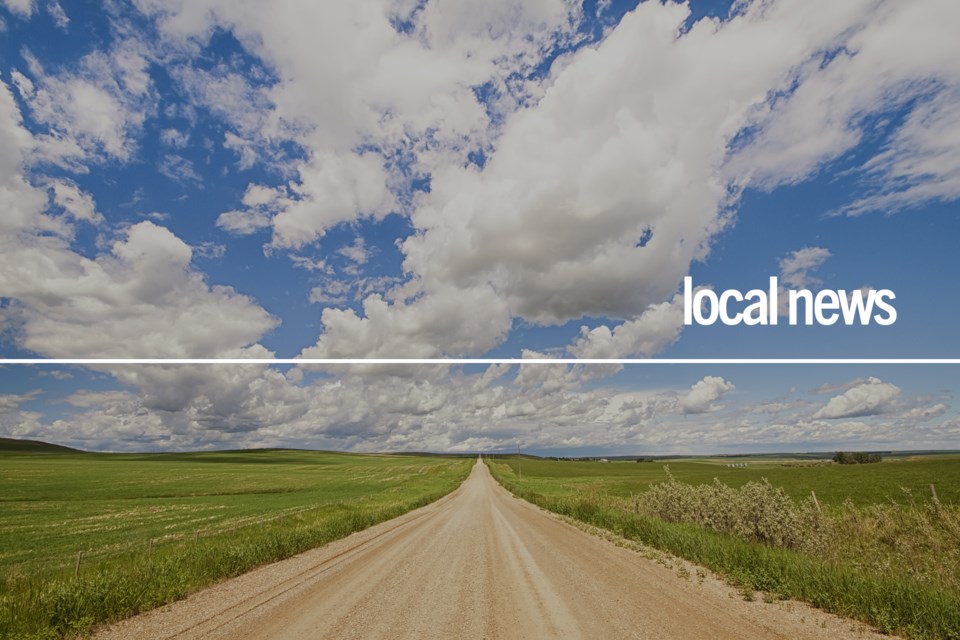OLDS — Coun. Wanda Blatz says it was a “good thing” that the Alberta government backtracked on its coal-mining policy.
Last May, the government quietly rescinded a policy set in place in 1976 that prevented coal mines from being operated along certain areas of the eastern slopes of the Rocky Mountains.
Those areas are lauded for spectacular views of the mountains and are home to several species of endangered of wildlife. They’re also the source of several rivers that many residents depend on for their water.
Once people found out about the change, there was an uproar.
Several residents of southern Alberta, including ranchers, city-dwellers, Indigenous people, and environmentalists created a rising tide of opposition and publicity about the change.
As a result, on Feb. 8, the provincial government backed down – at least partially.
Energy Minister Sonya Savage said the provincial government is reinstating the four coal categories which governed where and how coal leasing, exploration and development can occur.
She said she also told the Alberta Energy Regulator that the province will not allow any mountaintops to be removed.
In addition, Savage announced that the public will be consulted as the provincial government works on a new coal policy.
Savage said all of the restrictions under the 1976 coal categories will be in force, including all restrictions on surface mining in category 2 lands.
Category 2 lands include parts of the southern Rocky Mountains and foothills. All future coal exploration approvals on category 2 lands will be prohibited, pending public consultation on a new coal policy, the province announced.
The matter came up as Olds-Didsbury Three Hills MLA Nathan Cooper attended a Zoom meeting of Olds town council on Feb. 8.
Coun. Wanda Blatz praised the government for its change of policy.
“I understand there’s going to be quite a bit of public engagement involved going forward so I think that’s a very good thing, because I was starting to hear from people who had concerns about having that rescinded,” Blatz said.
Cooper said there’s “a wide variety of opinions on what exactly did the 1976 coal policy rescinding do or didn’t do.”
He admitted there was “large public input” about the lack of consultation on removal of the 1976 coal policy and that there was concern about the impact of the coal industry, not only along the eastern slopes of the Rockies but across the province.
“I know that my office heard extensively from constituents of Olds-Didsbury-Three Hills, concerned with the ramifications of the policy change,” Cooper said.
He said the provincial government did the right thing by backtracking on its previous removal of the policy and announcing plans to consult with Alberta residents regarding a future coal policy “if one’s required, or what that will be.”
“You know, I think it’s important for governments to be able to take a step back, listen to constituents and Albertans and make sure that we try to get it right," Cooper said.
“And while the intentions of the minister may have been noble, that doesn’t always translate or communicate into successes.
“So I think it’s great actually that we’re willing to do this and hopefully get a solution with much broader support from Albertans."



